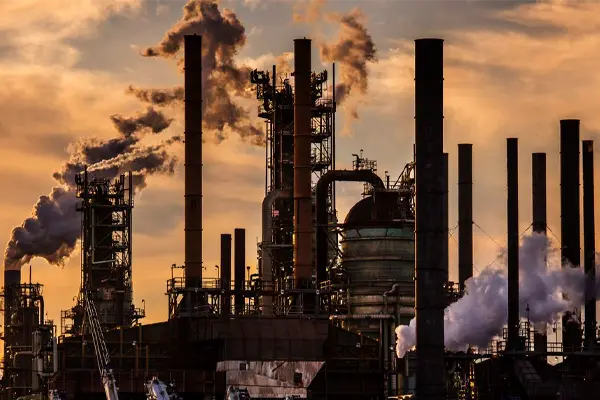
The role of hydraulic fracturing in modern oil extraction
Hydraulic fracturing, commonly known as fracking, has become a cornerstone of modern oil extraction. This technology has revolutionized the energy industry, particularly in regions with previously inaccessible reserves. By using a combination of water, sand, and chemicals injected under high pressure into deep rock formations, fracking creates fractures in the rock, allowing oil and natural gas to flow more freely to the surface.
The process involves drilling vertically to reach the oil or gas-bearing formations and then turning horizontally to extract resources more efficiently. The hydraulic pressure fractures the rock, creating pathways through which hydrocarbons can be extracted. This has proven to be especially effective in tight oil formations, such as shale rock, where traditional drilling methods would otherwise fail to yield significant production.
One of the major advantages of hydraulic fracturing is its ability to unlock vast reserves of oil and gas that were previously considered unprofitable. Shale oil, which has become a key player in the global oil market, is primarily extracted through fracking. The technology has opened up large regions, particularly in the United States, to become major producers of oil, boosting domestic energy production and reducing dependency on foreign oil.
Fracking also allows for more efficient extraction. Horizontal drilling, combined with hydraulic fracturing, can access large areas of rock from a single drilling location. This reduces the environmental footprint compared to traditional vertical drilling, which requires multiple drilling sites to access the same amount of oil.
However, hydraulic fracturing has been a subject of controversy, with critics raising concerns about its environmental impact. Issues such as water usage, chemical contamination, and seismic activity have been highlighted. While modern fracking technologies have significantly reduced some of these risks, it remains a contentious topic in the energy sector.
Despite the debates, hydraulic fracturing has undoubtedly shaped the future of oil extraction. Its ability to unlock new reserves and improve extraction efficiency has been pivotal in meeting the world's growing energy demands. As technology continues to evolve, it is likely that fracking will remain a key method for oil and gas extraction for the foreseeable future.
Subscribe